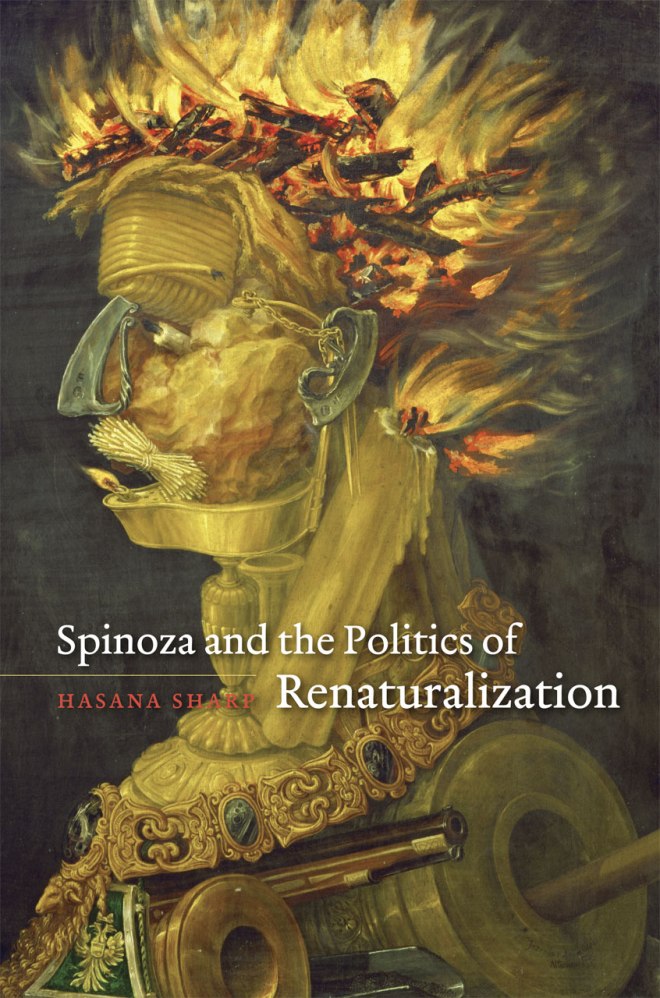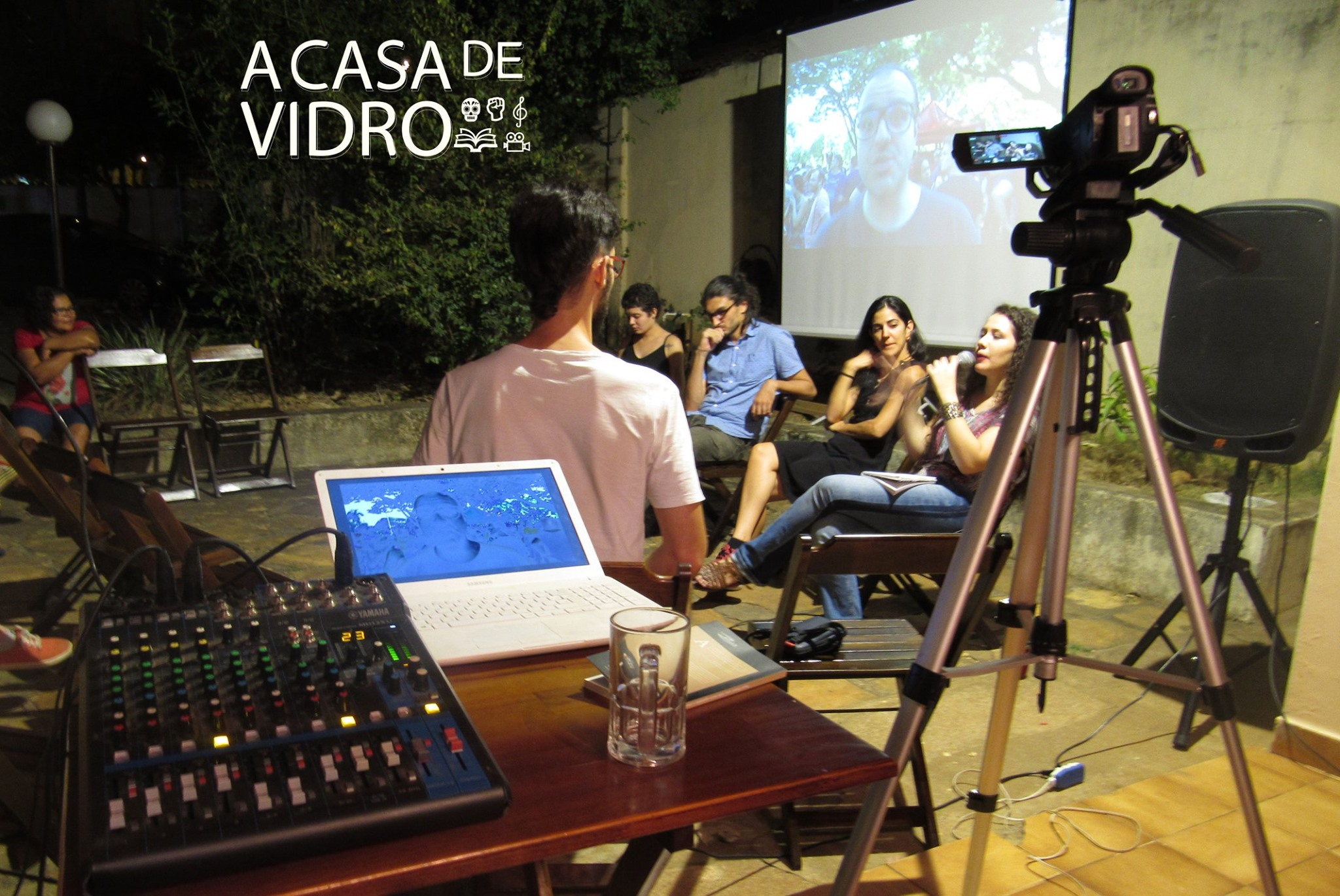“ACTION, AFFECT AND TRANSINDIVUALITY IN SPINOZA’S PHILOSOPHY” – by Hasana Sharp
ACTION, AFFECT AND TRANSINDIVUALITY IN SPINOZA’S PHILOSOPHY By Hasana Sharp (1)
To think in terms of affect is necessarily to think in terms of “transindividuality”, such that forms of individuality are necessarily incomplete and variable in response to other beings.
Understanding human expression in terms of natural forces and affective determination urges us to conceive of speech as something that emerges by virtue of a complex play of contact and contiguity with other beings, human and nonhuman.
When defining human action, Spinoza’s target and antagonist is most obviously Descartes. André Gombay notes that there is something shocking and even abhorrent to most people about the Cartesian dictum “I think therefore I am.” (2) Aren’t we also embodied, feeling beings who relish the experience of awe before natural beauty and artistic expression?
With Spinoza’s theory of affect, we have a comprehensive redefinition of human agency. More than an affirmation of our corporeality, Spinoza’s theory of affect gives rise to a notion of agency that is in no way exclusively human.
The limitless possibilities ascribed to mind and body include not only those we call human but also the ideal and corporeal powers of beasts, computers, and collectivities.
“Affect” names those changes in power that belong to finite existence by virtue of being connected necessarily to other beings, immersed in a field of powers and counterpowers…
It would be difficult to overestimate the importance of affect in Spinoza’s philosophy as a whole. “Affectus” is the first word of the Political Treatise and remains a protagonist throughout the text. The Theological-Political Treatise begins with a vivid portrait of the misery provoked by hope and fear, the affects that nourish the superstition and despotism that are the treatise’s objects of critique.
Affect refers to a universal power to affect and be affected, to the fact that finite beings enhance or diminish one another’s power necessarily, by virtue of their inescapable interdependency. An affect is an encounter between bodies that involves a change in one’s power, for better or for worse, together with the idea of that change:
“By affect [affectum] I understand affections [affectiones] of the body by which the body’s power of acting is increased or diminished, aided or restrained, and at the same time, the ideas of these affections.” (3)
Spinozean desire exists within a relational field and is fully actualized only with favorable relations. (…) The striving to persevere in being is the “essence” or “nature” of each and every singular thing. “Each thing, as far as it can by its own power, strives to persevere in its being.” (4)
Conatus names the singularity of beings, a force of existence unique to each thing, which accounts for the infinite diversity of finite things in nature. Conatus names a power of self-organization, self-maintenance, and striving to preserve one’s distinctness amidst infinetely other singular beings.
Nevertheless, within Spinoza’s relational ontology, the singularity of each essence does not entail that the conatus is the exclusive cause of a being’s perseverance. To remain this table or this body, one must maintain a constant flow of exchanges with myriad ambient beings. One must perpetually mutate in order to remain what one is. (…) Our most fundamental power to be cannot ultimately be separated from the concurrent forces of other beings. It is for this reason that the concept of “transindividuality” is particularly apt for Spinoza.” (5)
REFERENCES
(1) Sharp, H. Spinoza and the Politics of Renaturalization. Chicago, 2011, pg. 24-26.
(2) Gombay. Descartes, IX.
(3) Spinoza, B. Ethics. III. Definition 3.
(4) Idem. Ethics. III. Proposition 6.
(5) Sharp, H. Op cit. P. 132-33.
* * * * *
Veja também… De Tariq Ali, “Spinoza: Apóstolo da Razão”
[youtube id=http://youtu.be/pVpEcMqDbUc]
(completo e legendado em português)
Publicado em: 08/08/14
De autoria: casadevidro247






comentários